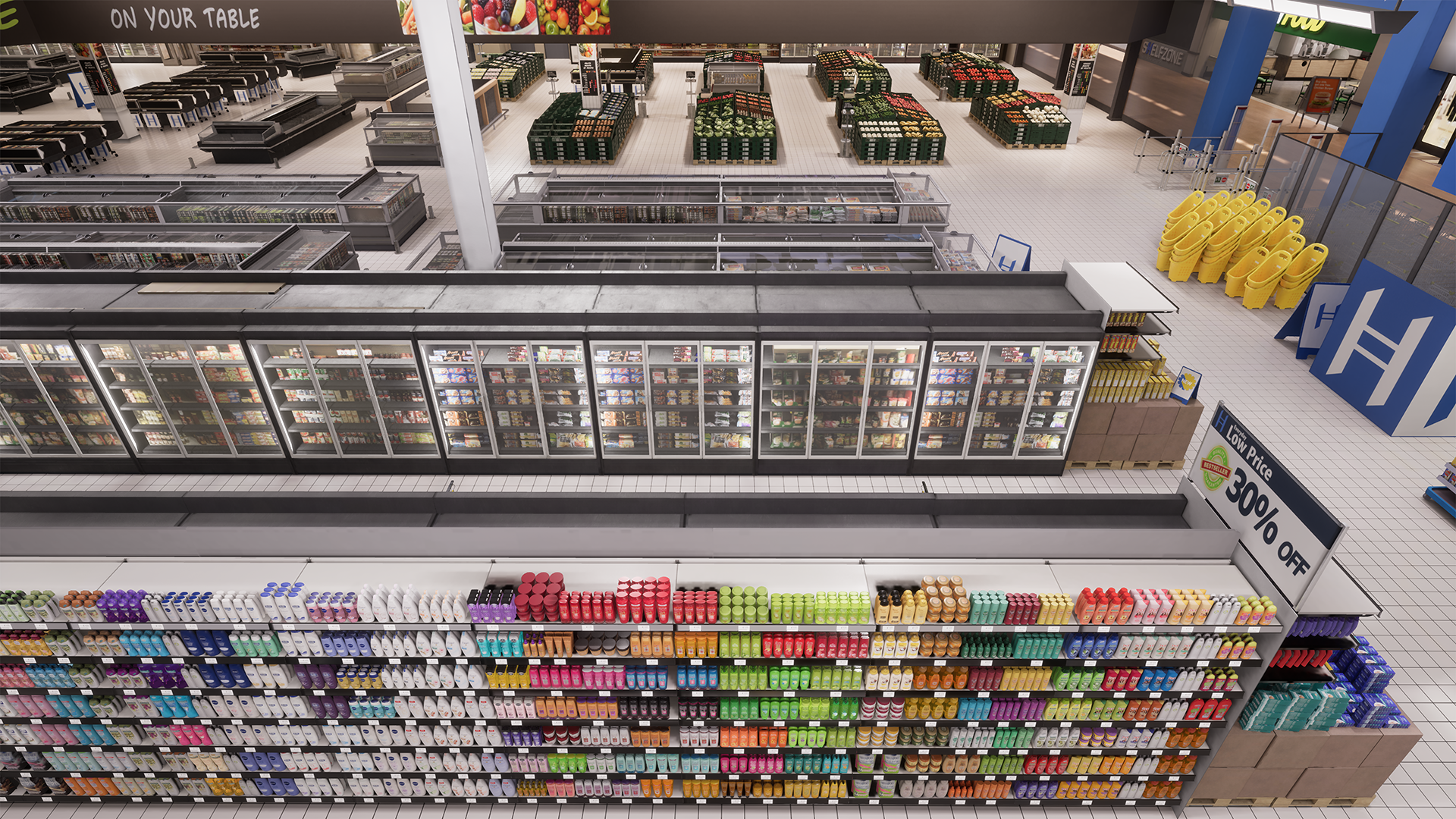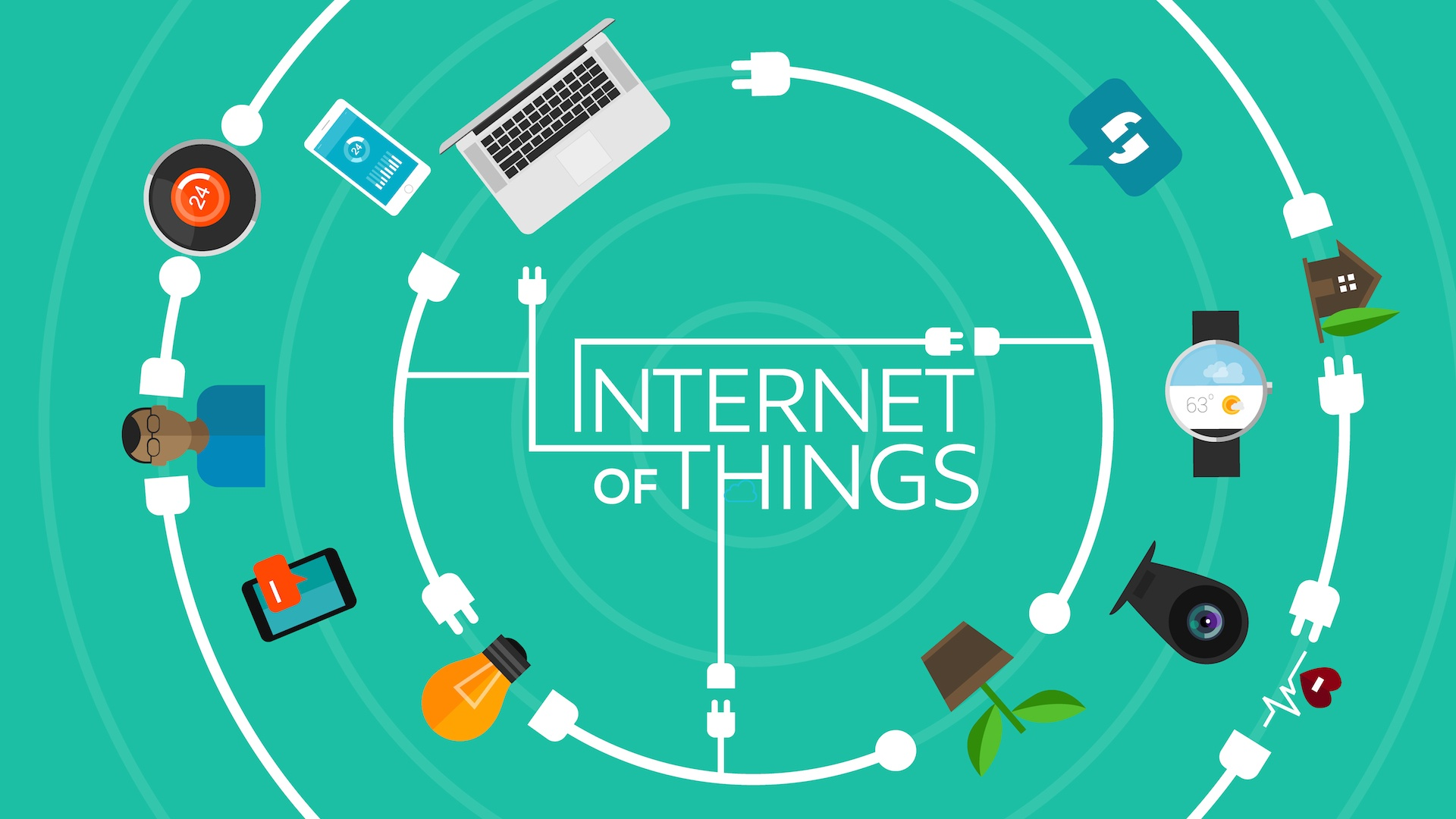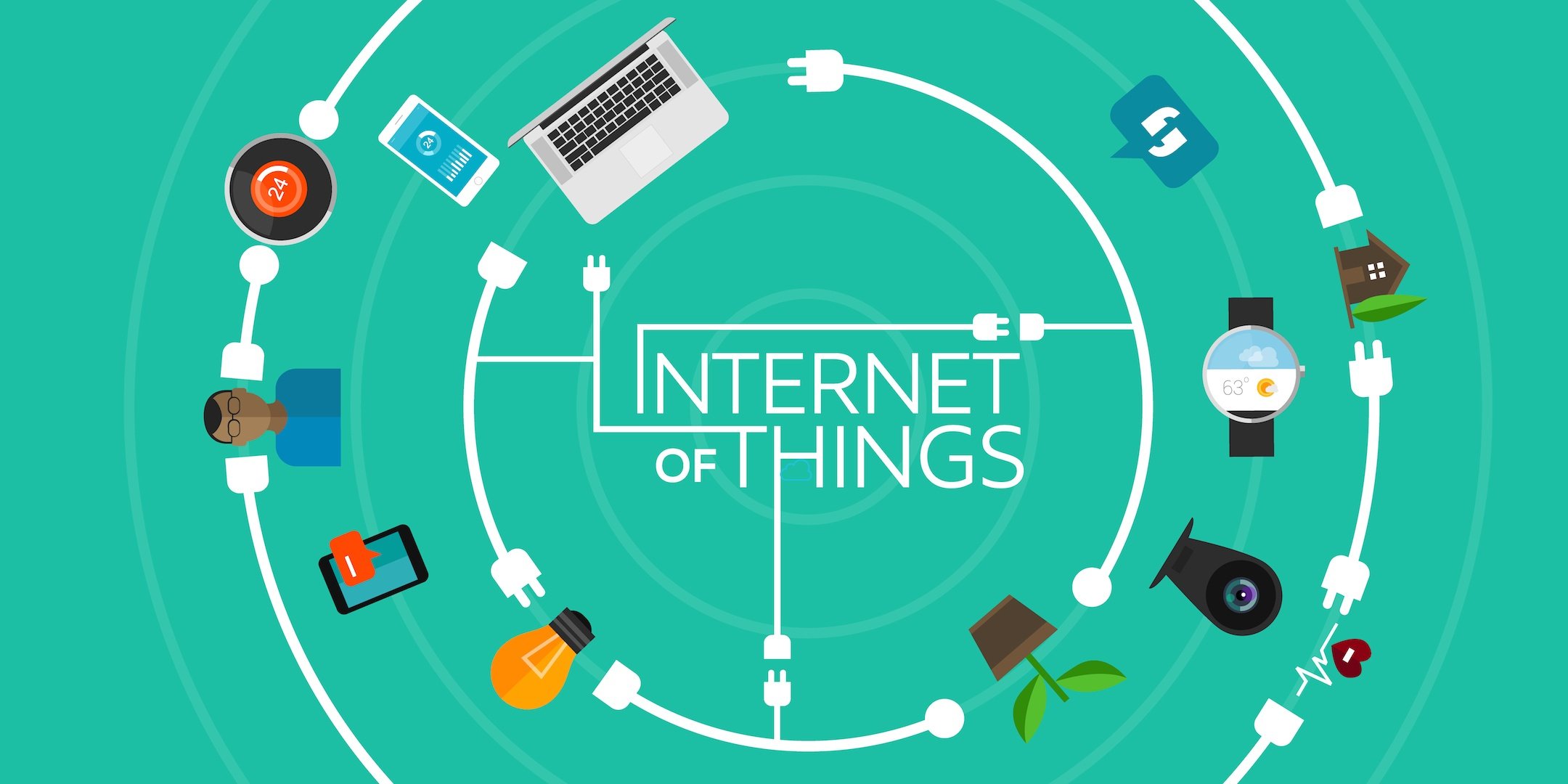How Beacon technology will change a customer's life
In today’s technology landscape, beacon technology is creating a buzz. Though many people are not fully aware of this technology, it has been found...
![]()
Beacons are small, wireless transmitters that use Bluetooth low-energy technology to send signals to other nearby smart devices. They are one of the latest developments in proximity marketing and location technology. Simply put, they attach and transmit information to smart devices and make location-based search and interaction simpler and more accurate.
Beacons are used in different environments, such as retail stores, to monitor the activities of shoppers, through their smartphones, and provide relevant information and deals. This kind of corporate-consumer contact is known as proximity marketing. Industries in every sector have used beacon technologies since the launch of the Apple iBeacon in 2013. Usually, small batteries power beacons but they can be plugged into an outlet or USB port to retain consistent power instead. In addition to independent beacon systems, BLE-supported mobile phones, laptops and PCs can all function as beacons, with the potential to both transmit and absorb beacon signals.
Beacon technology is known as the Bluetooth communicating censoring device. Most of the time this beacon is put in a physical store that offers details, information, and marketing choices that a company could only get into an online environment. The beacon system has created several businesses and new types of beacons in a short time. Unlike other new technologies such as Augmented and Virtual Reality, beacons were essentially simple and had a low price tag. In addition to that, they provided new, innovative ways to engage clients in a non-intrusive manner.
Retailers can send you personalized messages about products you are looking at right now using beacon technology. If an object has a beacon connected to it and you put your computer next to that particular product, your system will receive a detailed message. For starters, what shoes go with the dress you wanted, you can also provide advice on pairing items. Online stores have had a significant benefit over brick and mortar stores because of their willingness to use web and mobile technology when it comes to evaluating consumer behavior. Fortunately, today, merchants can better assess their customers ' activities inside their physical stores through beacons. Beacon technology can be used to set parameters for a retail chain to track consumer behavior and to construct a data warehouse.
Beacons allow employees to work quickly and efficiently by alerting them to who you are, where you are and what you are looking at. Of starters, if you have pre-ordered via the Click & Collect service from the stores, you can go straight to the collection point and your shipment will be ready for you.
eCommerce generally uses online advertising to make itself known. This is a good approach. However, it very much restricts you to the reality that the user has an internet connection and is surfing the web. This is no longer necessary for beacons, because we can connect with our clients at any time. In addition, it is not an invasive advertisement, which upsets the consumer.
Every channel of interaction needs to target hyperactivity connected customers of today. With the consumers' shifting habits and in-store activities, advertisers need to customize a strategy precisely for buyers, and as they walk through the store, they can cause a product like and drive / increase consumer in store behavior with enticing deals. Consequently, a message would be enforced for consumers walking by the shops to improve shop presence and exposure.
Through internet shopping and the growing use of customer mobile devices, beacons will serve as a valuable link between physical and digital retail space. Since beacons operate that mobile app, applications have fantastic potential to increase their consumer experience and retention levels. Apps may create themselves as a crucial device for shoppers, through using beacon technology.
Beacons have already spread their buzz in the retail sector, particularly in malls, stores, museums, parks, and so on, and now it has just about to spread its wings in the workplaces. To begin with, the preferred mobile application must be installed on the smartphone of the employee, which is connected to the Beacons installed in the office. Currently, companies and their marketing teams focus mostly on big, buzzword technology to cater for and attract consumers.
Beacons are secure devices: they use Bluetooth unlike GPS and thick walls or underwater places do not obstruct their signals. More so, some suppliers of beacons offer beacons, which are reinforced against exogenous factors. Meeting rooms are the crucial part of any organization and it is a bit tedious to manage as it is often occupied. In such scenarios, applications based on beacons would help them identify the unoccupied meeting rooms, thereby saving the efforts and time to go down the office in search of it. Beacons track the meeting room, and each time an employee enters the meeting room, the backend data is updated. Mobile applications connected to beacon will submit position information to keep workers aware of their occupancy status at regular time intervals.
With beacons in the workplace, the real world is made digitally rich because your office detects your existence by automation software focused on beacons and behaves according to your will, in addition to providing essential controls. Such initiatives increase productivity and improve the way we live and work.
Beacon technologies can boost user experience at almost every company's front and back end, helping streamline processes and gather data, drive sales and provide unique user experience. Now, the beacons also support the retail and marketing sectors, as they are almost tailor-made for the two. Beacons can help in finding ways and make navigating through the workplace easy for new employees. Employees can view and browse from their mobile device for kitchens, washrooms, floor plans in multiple buildings and levels, meaning they find what they are looking for quickly.
Workers ' safety comes first when we talk about workplaces in industry. Here beacon-based application acts as a savior since it triggers certain action on the smart device of the worker. Workers may be recommended to carry personal protective equipment (PPE) when they are near to heavy machinery or any dangerous environment. Alternatively, details can be sent by the beacon based on the location of the worker in case of emergencies. Many standard industry quality beacons can be placed across the office region to warn staff of any incidents such as explosion, toxic gas or chemical leakage. During these emergencies, it generates and sends alerts messages to control room operators on their smartphones.

In today’s technology landscape, beacon technology is creating a buzz. Though many people are not fully aware of this technology, it has been found...

The Internet of things is trending in the market and many people are talking about it. On almost everything the Internet of things has a huge impact...

The Internet of Things (IoT) has become the centre of discussion for many businesses. Today, every business needs more control on data. Nevertheless,...